Echoes of the Cross
—
Outside of my church circle, I participate in a book club with a group of women who live in my neighborhood. It has been a great way to discover new books and make friends with my neighbors. (Next month I’ll be officiating the wedding of a friend I made in this group!) Needless to say, I’m thankful to have this group of women in my life. I’m also regularly surprised by how often my spirit is touched and my faith challenged in this group whose purpose is not intended to be anything more than social and secular.
On Monday we had our monthly meeting and the book we were set to discuss was Just Mercy by Bryan Stevenson. It’s a real life story about Bryan’s career as Executive Director of the Equal Justice Initiative in Montgomery, Alabama. Bryan is a lawyer who has dedicated his life’s work to challenging wrongful convictions and unjust sentences for those who do not have the means to pay for an adequate defense attorney, including many death row inmates. Throughout his career Bryan has tackled issues like racism, corruption, and poverty in the criminal justice system.
I’ll confess— I have been a busy bee lately and didn’t get to completely finish the book. So I watched the movie ahead of our meeting. The film that came out based on the book was released in 2020 and stars Michael B. Jordan as Bryan Stevenson, and Jamie Foxx as Walter MacMillan, who spent six years on death row for a crime he didn’t commit. In America, one in nine people executed have been proven innocent after their execution. Regardless of your thoughts about the death penalty, the fact remains that humans are not great judges.
The film also follows the story of another of Bryan’s cases: Herbert Richardson (played by Rob Morgan). Herbert Richardson was a Black Vietnam War veteran who fought for our country on the front lines until he was honorably discharged due to psychiatric illness that he developed from his service. He was executed in 1989 by the State of Alabama after being convicted of capital murder in 1978. Herbert confessed his guilt but insisted that the death he caused was an accident. He needed care for his mental illness, but was instead given the death penalty.
Bryan fought hard for Herbert, after having learned that his public defender never once mentioned Herbert’s service in Vietnam during his initial trial. But in spite of all his efforts, the state of Alabama would not overturn the sentence. The day of his execution, Herbert requested that the song “The Old Rugged Cross” be played over the prison’s speakers as he walked to the electric chair where he would be executed.
As I watched him walk down the prison hallway toward his death, I heard the familiar words: “On a hill faraway, stood an old rugged cross, the emblem of suffering and shame.” Death by electric chair is horrendous and the film doesn’t hold back. I could not help but think about the cross as I looked at the electric chair, with the realization that, if Jesus had lived in our time, we would have crucified him with the electric chair or lethal injection or on the lynching tree.
Theologian James Cone, in his book The Cross and The Lynching Tree, writes, “Unfortunately, during the course of 2,000 years of Christian history, this symbol of salvation has been detached from any reference to the ongoing suffering and oppression of human beings…The cross has been transformed into a harmless, non-offensive ornament that Christians wear around their necks. Rather than reminding us of the ‘cost of discipleship,’ it has become a form of 'cheap grace,’ an easy way to salvation that doesn’t force us to confront the power of Christ’s message and mission.”
During Holy Week, as we think about the Passion of Christ, do not be tempted to gloss over the horror of Jesus’ death, and the reality that we are not a more lofty or a humane society than First Century Rome. Jesus died on “the emblem of suffering and shame,” the way a common criminal would. It was not glorious. It was not beautiful. It was ugly. It was heartbreaking. We see it echoed on death row today.
So we do not glorify the cross; we do not romanticize the cross. If the cross was the end of the story, we would not still be gathering to observe it two thousand years later. Instead, redemption is found in the Resurrection. It is in the empty tomb where we find hope and the cross is given new meaning.
In his book, James Cone continues: “The cross is a paradoxical religious symbol because it inverts the world’s value system with the news that hope comes by way of defeat, that suffering and death do not have the last word, that the last shall be first and the first last.”
We live in a world that still crucifies people every day. As we contemplate the death and resurrection of Christ this week, may we not disconnect Jesus’ story from our modern day lived reality, but instead look around ourselves at people who desperately need to see and feel the hope of the empty tomb.
What might it look like to speak a resurrection message to those still in the midst of their suffering in 2022?
What word or deed of hope will you share?
Rev. Kelsey Lewis Vincent
Pastor for Youth & Families

